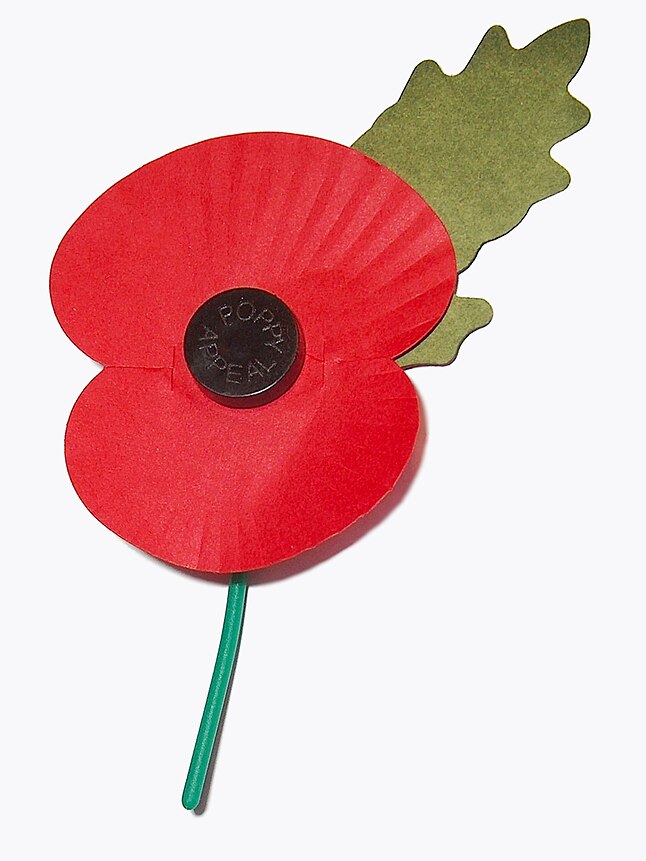Sadly, the world continues to witness war and conflict, and in consequence the death toll on every side continues to climb. Each one an individual, a father or son, a mother, daughter or child, a friend or colleague.
Some will be buried where they fall; others recovered and repatriated by friends or relatives, or by their country.
A US news report tells of a grieving widow distraught at the traumatic death of her husband, a soldier serving in Iraq. Blown up by a roadside bomb, Sgt. 1st Class Scott Smith’s body was identified and released ‘in a sealed casket’ for burial, but was not intact. Smith’s parents were asked to, and signed, a form authorizing the mortuary at Dover Air Force base in Delaware “to make appropriate disposition of any subsequent portions of his body identified through DNA testing.”
the traumatic death of her husband, a soldier serving in Iraq. Blown up by a roadside bomb, Sgt. 1st Class Scott Smith’s body was identified and released ‘in a sealed casket’ for burial, but was not intact. Smith’s parents were asked to, and signed, a form authorizing the mortuary at Dover Air Force base in Delaware “to make appropriate disposition of any subsequent portions of his body identified through DNA testing.”
Some two years later, the soldier’s widow is asking what happened to those other bits and pieces – the reply, that they were discarded as clinical waste brings claims that “No service member, no human being at all, should be put in a landfill, no matter if it’s a fingernail, a foot or an entire body“.
And that is where we start to ask questions. In the UK, we have had the scandal of tissue hoarding in one or two hospitals that brought about the Human Tissue Act 2004 and the regulatory work of the Human Tissue Authority. But more than that, we had individuals demanding a ‘decent funeral’ for their appendix, for microscopic slices of tissue used for diagnosis in life or at post mortem. For some, perhaps those who had walked away from the trauma of a miscarriage there was deep distress, no doubt awakened some years later when they read the newspapers and decided to ask about find and bury a long gone small blob of tissue!
And so too in the case of Sgt Smith’s next of kin.
What is most strange is the commentary about landfill disposal. Burial has always been the primary means of disposal of the dead in the US, US and most other countries. Though now overtaken by cremation it remains the gold standard and there is no reason except the civilities of the human spirit to differentiate a burial ground from a landfill for bodies, and for body parts. Come to that, it is only human sensibilities that differentiate a cremator from an incinerator with its heavy industrial connotation.
